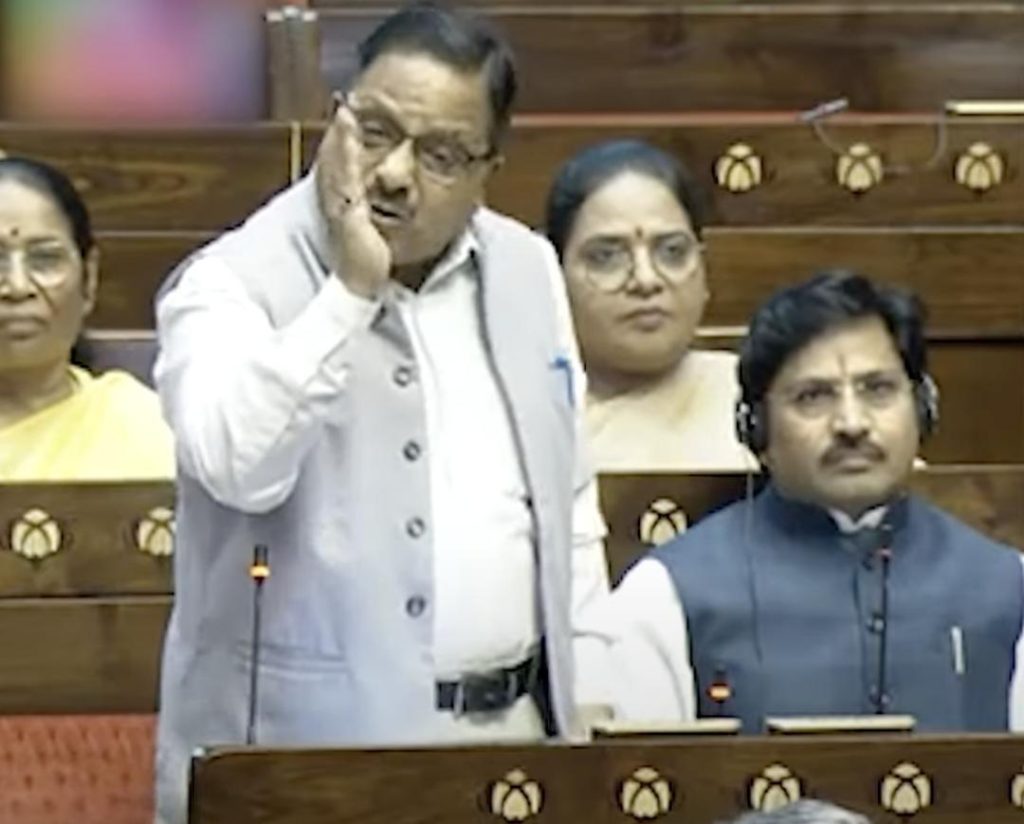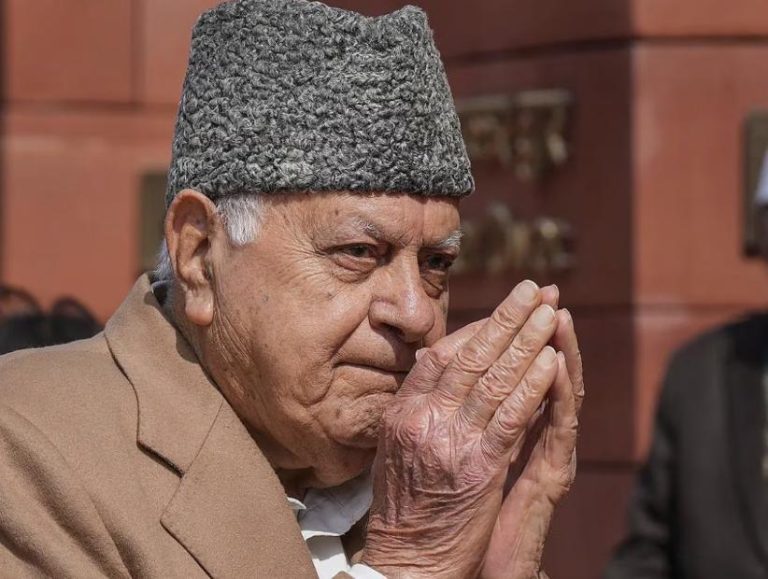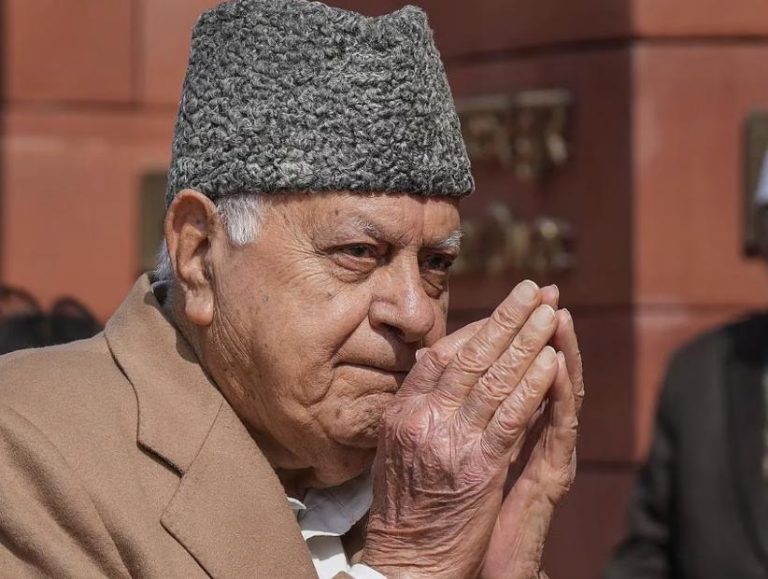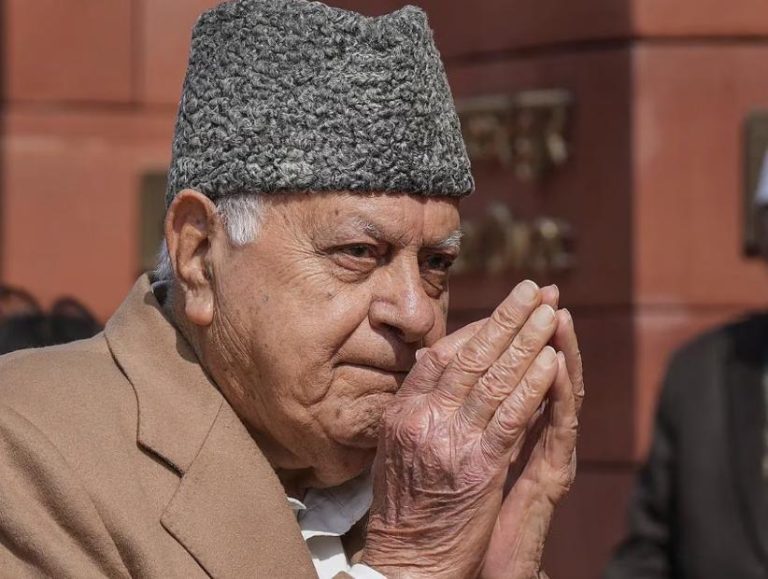
Should I Read Quran and Tell You What’s Written in It: BJP MP Radha Mohan Das on Waqf Bill
The Waqf Bill, a legislation aimed at reforming the management of Waqf properties in India, has been a topic of much debate in recent times. The bill was introduced in the Lok Sabha in December 2019, and has been undergoing scrutiny since then. During the discussion on the bill, BJP MP Radha Mohan Das sparked a controversy by asking if he should read the Quran and tell what is written in it.
The statement was made in response to allegations made by the opposition parties that the Waqf Board was not transparent in its dealings and had mismanaged the properties under its control. Radha Mohan Das, a member of the BJP, questioned the Waqf Board’s claim that it had properties worth crores of rupees, but did not have a written record of its ownership.
In his statement, Radha Mohan Das referred to a verse in the Quran, which he claimed said that even if one rupee is given to anyone, there should be a written record. He then implied that the Waqf Board was not following this principle, as it did not have a written record of its properties.
“The Quran says that even if one rupee is given to anyone, there should be a written record…And you say you have so many properties without a record,” he said.
Radha Mohan Das’s statement was met with strong reactions from the opposition parties, which accused him of trying to blur the lines between religion and politics. The Congress party, in particular, was critical of Radha Mohan Das’s statement, saying that it was an attempt to divide the people on religious lines.
“The BJP is trying to divert attention from the real issues by making communal remarks,” said a Congress spokesperson. “Radha Mohan Das’s statement is an attempt to communalize the debate on the Waqf Bill.”
The Waqf Bill, which aims to reform the management of Waqf properties, has been a contentious issue for several years. The bill was introduced in the Lok Sabha in December 2019, and has been undergoing scrutiny since then.
The bill proposes to replace the existing Waqf Act of 1954, which has been amended several times since its inception. The new bill seeks to ensure that the Waqf properties are managed in a more transparent and accountable manner.
One of the key provisions of the bill is the establishment of a Waqf Development Corporation, which will be responsible for the development of Waqf properties. The corporation will also be responsible for the management of the properties, and will ensure that the properties are used for the benefit of the Muslim community.
The bill also proposes to increase the representation of women and minorities on the Waqf Board, which is responsible for the management of Waqf properties. The bill also seeks to increase the transparency of the Waqf Board’s dealings, by making it mandatory for the board to submit its accounts and annual reports to the government.
Despite its intentions, the Waqf Bill has been criticized by several Muslim organizations, which have accused the government of trying to take control of the Waqf properties. The organizations have also accused the government of not consulting them adequately before introducing the bill.
The controversy surrounding the Waqf Bill is not new. The bill was first introduced in the Lok Sabha in 2014, but it was rejected by the opposition parties. The bill was reintroduced in 2019, and has been undergoing scrutiny since then.
In conclusion, Radha Mohan Das’s statement about reading the Quran and telling what is written in it has sparked a controversy in the debate on the Waqf Bill. While the BJP MP was trying to highlight the lack of transparency in the Waqf Board’s dealings, his statement was met with strong reactions from the opposition parties, which accused him of trying to blur the lines between religion and politics.
The Waqf Bill, which aims to reform the management of Waqf properties, has been a contentious issue for several years. The bill proposes to ensure that the Waqf properties are managed in a more transparent and accountable manner, and has several provisions aimed at increasing the representation of women and minorities on the Waqf Board.
Despite its intentions, the bill has been criticized by several Muslim organizations, which have accused the government of trying to take control of the Waqf properties. The controversy surrounding the Waqf Bill is likely to continue, and it remains to be seen how the bill will be finally passed and implemented.
Source: https://www.youtube.com/watch





